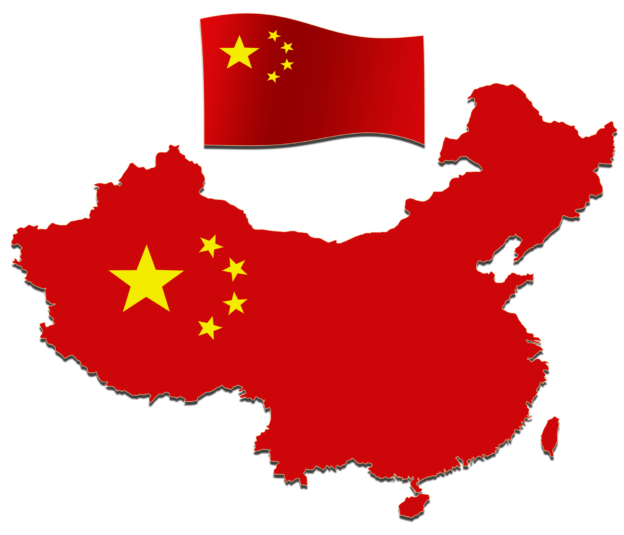On the 24th of April 2024, the European Commission (hereinafter the “Commission“) launched an investigation into discriminatory measures and practices applied by the People’s Republic of China in its public procurement of medical devices. This investigation is the first to be based on the new European Instrument, the International Procurement Instrument (hereinafter “IPI“), which came into force on the 29th of August 2022.
The objective of this instrument is to assure a free and equal access to public procurement markets throughout the world and to strengthen the reciprocal opening of public procurement markets to European goods and companies. Its application is part of the Commission’s determination to remove all discriminatory measures through constructive dialogue between the competent authorities. In the absence of an effective solution, the Commission will be able to impose countermeasures corresponding to the exclusion from the European public procurement market of companies from the third country in question.
The Commission’s investigation identified three discriminatory measures:
- The “Buy China” policy is designed to encourage the procurement of medical devices from local companies. This policy refers to the “Made in China 2025” program launched at the beginning of the year, which aims to strengthen China’s medical industry by replacing high-end foreign medical devices with Chinese products.
- The restriction on access to the public market for foreign medical devices is enshrined in Article 10 of the Chinese Government Procurement Law. This article obliges contracting entities to purchase domestic medical products, as long as they satisfy the needs, instead of imported foreign medical devices in the event of competition between these two goods. This article provides an extremely complex authorization procedure for the supply of imported medical goods, encouraging contracting entities to prefer local medical products.
- The public procurement system itself is discriminatory. The Commission has found that there is a lack of transparency regarding the award criteria for invitations to tender, and 87% of contracts awarded explicitly prohibit bidders from procurement of imported medical devices. “Value-based purchasing“ is a fundamental criterion in invitation to tender. Using this method, the Chinese’s contracting authorities force bidders to offer medical devices at derisory prices, below reference prices, making costs unbearable for foreign companies. In this way, only Chinese companies which benefit from considerable state aid, particularly in the strategic field of medical products, can offer medical devices at these abnormally low prices.
The Commission declared that a dialogue has been initiated with China. China has proposed the establishment of a bilateral treaty with the EU regarding the public procurement market of medical devices. This proposal was rejected by the European Union, which asserted that the only solution was to remove all discriminatory measures and practices in line with the IPI’s objective.
***
Link to the European Commission press release: https://ec.europa.eu/commission/presscorner/detail/en/ip_25_252
Link to the European Commission report: https: //ec.europa.eu/transparency/documents-register/detail?ref=COM(2025)5&lang=en.
For further information, please contact our team at: dscustomsdouane@dsavocats.com

